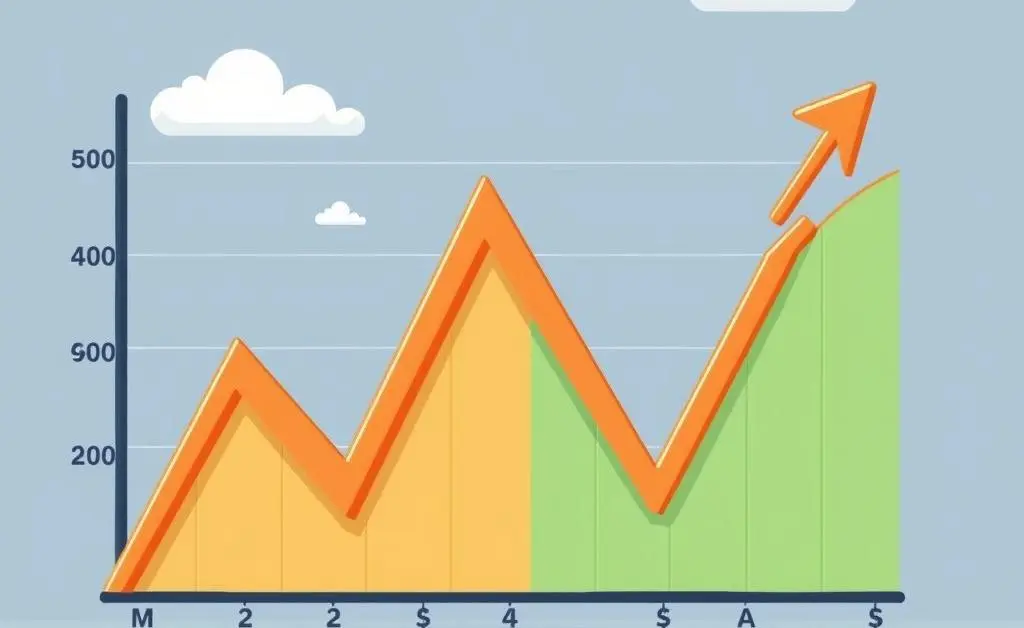Understanding Interest Rates: How They Affect Your Daily Life
Explore how interest rates affect your finances and practical ways to navigate them.

Hey there! Lately, I've found myself diving into the complex world of interest rates, and I wanted to share some insights that might make this sometimes-intimidating topic a tad more approachable. If you’re like me, you might have experienced a mix of curiosity and apprehension when the headlines scream about interest rate changes. Well, let’s explore this together, shall we?
Why Interest Rates Matter
You’ve probably heard that interest rates can influence everything from the housing market to your savings account. But what exactly does that mean for you? Simply put, interest rates represent the cost of borrowing money or the return on your saved funds. They can directly impact your loan payments or how much your savings grow over time.

How Do Interest Rates Affect Your Loans?
If you're repaying a mortgage or considering a new car loan, interest rates play a pivotal role in determining how much you’ll actually pay. A higher rate often means higher monthly repayments. This might sound alarming, but understanding this can lead to more informed financial decisions. Paying attention to interest rate announcements can help you know when it might be beneficial to lock in a fixed rate or refinance an existing loan.
Your Savings and Investment
On the flip side, interest rates can make or break your savings growth. Lower rates might mean that your bank savings earn less interest. This is when exploring other investment avenues, like stocks or bonds, could be worthwhile, provided you're aware of the risks. Building a diversified portfolio might offer stability even when interest rates fluctuate.

Practical Tips to Navigate Interest Rate Fluctuations
- Keep an Eye on Announcements: Central banks frequently announce rate changes. Being aware of these can help you plan your financial strategies better.
- Consider Fixed vs. Variable Rates: With loans, fixed rates offer stability, while variable rates might be beneficial if you expect rates to decrease.
- Diversify Your Investments: A variety of investment options might buffer against unpredictability in interest rates.
- Review Your Financial Goals Annually: Regularly reassessing your financial plan will help keep your goals on track despite market changes.
In Closing: Navigating Your Financial Journey
Interest rates are like the tides—sometimes they rise, sometimes they fall, but they’re always there, shaping the landscape of our financial seas. By staying informed and adaptable, you're more likely to sail smoothly through these economic currents.
Until next time, take a moment to sip that comforting cup of tea and ponder how adopting a proactive approach can empower your financial decisions.





